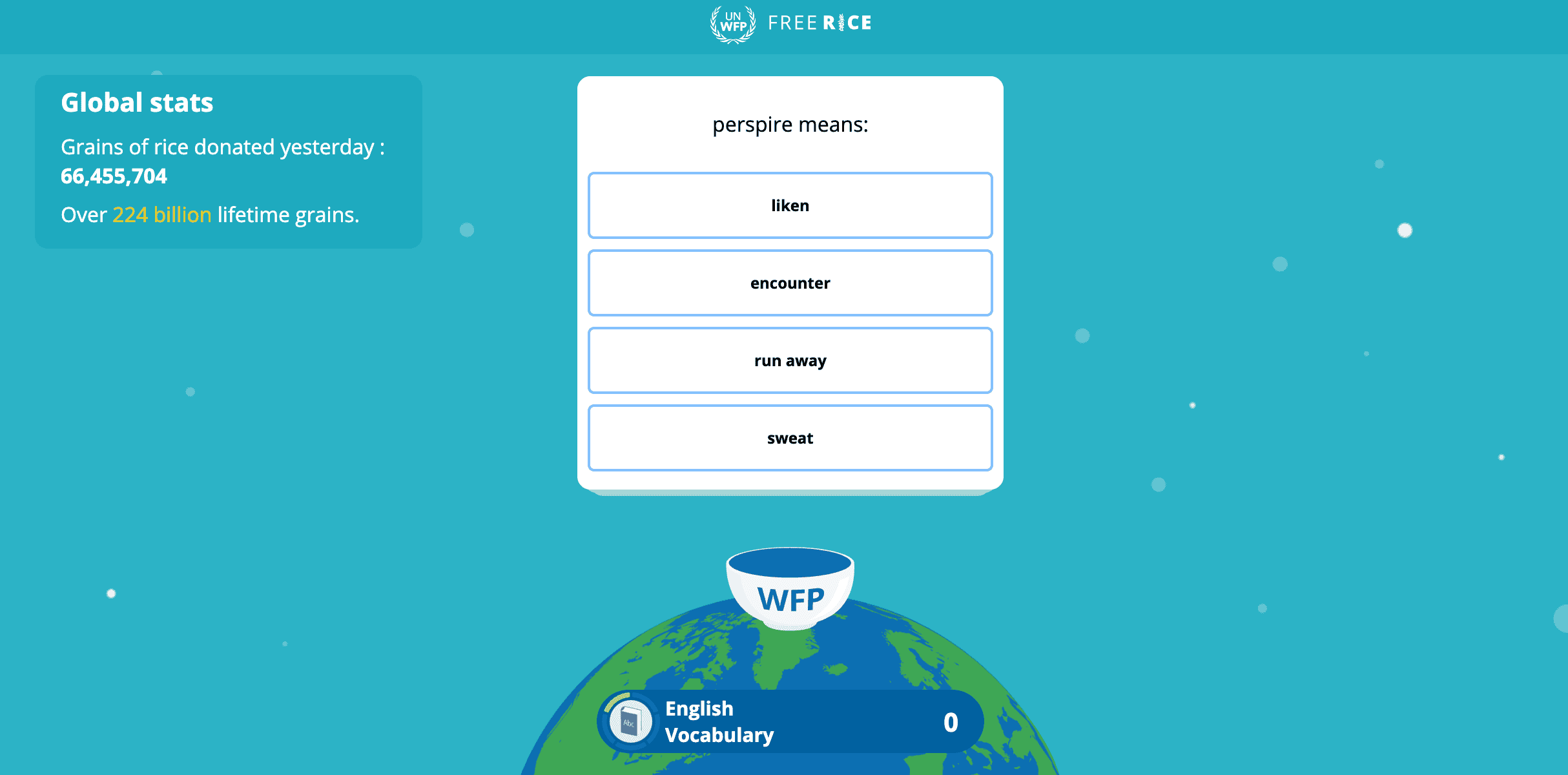How to Boost Your Child’s 11+ Vocabulary

A core component of the 11+ exam is a test of your child’s vocabulary. We touched on this last week in our previous blog post, where we discussed the importance of reading and the 11+ and how reading widely can help vastly improve a student’s vocabulary. However, the steep learning curve for the words your child is expected to know and recognise in their 11+ may still seem quite daunting and insurmountable, especially for more reluctant readers.
Regardless of what form the 11+ takes in your area, there is always content that tests a child’s vocabulary. It is tantamount to their success in verbal reasoning and English. The topics of maths and even non-verbal reasoning, in general, may appear more easily taught than the seemingly never ending list of standard vocabulary that has appeared in the 11+ over the years.
Of course, a strong vocabulary does not begin and end with the 11+; this is something that will benefit a child for the rest of their lives, as it strengthens their ability to express themselves and their ideas and to ultimately convey what they want to say to the world.
So how do you do it? Here are a couple of our top tips for helping to boost your child’s vocab!
Keep a vocabulary diary.
A vocabulary diary is a journal where children can write down new words they come across when they don’t understand what they mean. This is a great habit for them to get into for the 11+ especially, as they trawl through practice papers and encounter countless new words.
Every time your child discovers a new word, log it and define it. Think of synonyms and antonyms. And, crucially, write an example sentence next to each word, so that your child remembers how to use it in context.
Understanding how to apply a new word and how to use it helps this word enter your child’s productive vocabulary: when they are able to use this word, they are much more likely to remember it and what it means.
Repetition!
Repetition is perhaps a neglected part of the process of learning new vocabulary. Children should continue to revisit the words they record in their vocabulary diaries in order to refresh their memory of them.
Vocabulary flashcards can be especially useful here!
We have two word lists available to download for free here on our Free 11 Plus Practice Papers page. You can easily create the cards by using an online flashcard maker (a great one can be found on the Senteacher’s website) or simply by copying and pasting them into a word processor and creating a table with around 15 – 18 cards per page. You can then either spend a few minutes each day with your child going through the flashcards or you can stick them on doors around the house for your child to find and learn.
Games
Even better if you can turn the flashcards into a game! Games are a fantastic way to boost your child’s vocabulary, often without them even realising.
Scrabble, Boggle, Trivial Pursuit, Articulate – these are all games that will get your child’s brain whirring, will expose them to hundreds of new words and will hopefully entertain and inspire them at the same time. It is also a great way to get the whole family involved.
You may also want to take advantage of their proclivity towards screen based entertainment by encouraging them to play word games online.
Freerice.com is a fantastic place to start and may appeal to your child’s desire to do good in the world.
The idea behind the website is this: for every word that you get right, ten grains of rice are donated to the United Nations World Food Programme.
For vocabulary, you must select the correct answer by choosing the correct meaning of the word. If you get it right, you will be given a harder word. If you get it wrong, you will be given an easier one. Fantastic for boosting vocab!
A little bowl of rice will fill up as you score more correct answers, as a little reminder of the good being done while you learn!
Greek and Latin Roots
This is a vocabulary recognition method that may be especially useful in an exam setting.
Greek and Latin words form the basis, or root, for many of the words we use in the English language. This is important because it can help us understand the meaning of words, even when we have never encountered it before. Understanding, for example, that the Greek root “hydra” or “hydro” means “water” means that we can decipher more easily the meaning of more complex words such as “hydraulic” or “hydroponics”.
This is useful knowledge and a key skill for students to have – when they are familiar with the meaning of root words and their meanings, they may longer feel deterred by difficult vocabulary, as they can get to work unravelling what it means.
Read, read, read
This is a tricky one, and it comes last on our list because it’s likely been tried countless times before. If expanding your child’s vocabulary was as simple as placing a book in front of them and leaving them to it you most likely would not be looking for tips in the first place. But reading really is integral to expanding a child’s vocabulary and exposing them to hundreds of new words and how to use them.
Many children find reading taxing and boring – and this can be compounded by issues such as dyslexia – but there are ways to encourage enthusiasm for the written word. Find out what excites your child’s imagination and appeals to them – they do not have to begin with Charles Dickens and William Shakespeare! Huge, dry tomes about dull events many years in the past are not what most children would gravitate towards, especially if they would much rather be playing video games. Showing your child that reading can be fun begins with appealing to their interests and passions – comic books, audiobooks, books about their hobbies – and Dickens and Shakespeare can come a little later.
You can check out more of our tips for reluctant readers here.
We hope some of these tips help! Even if none of these appeal to your child in helping to broaden their vocabulary, it is at least worth a try in the hopes of, at least, broadening their minds.
